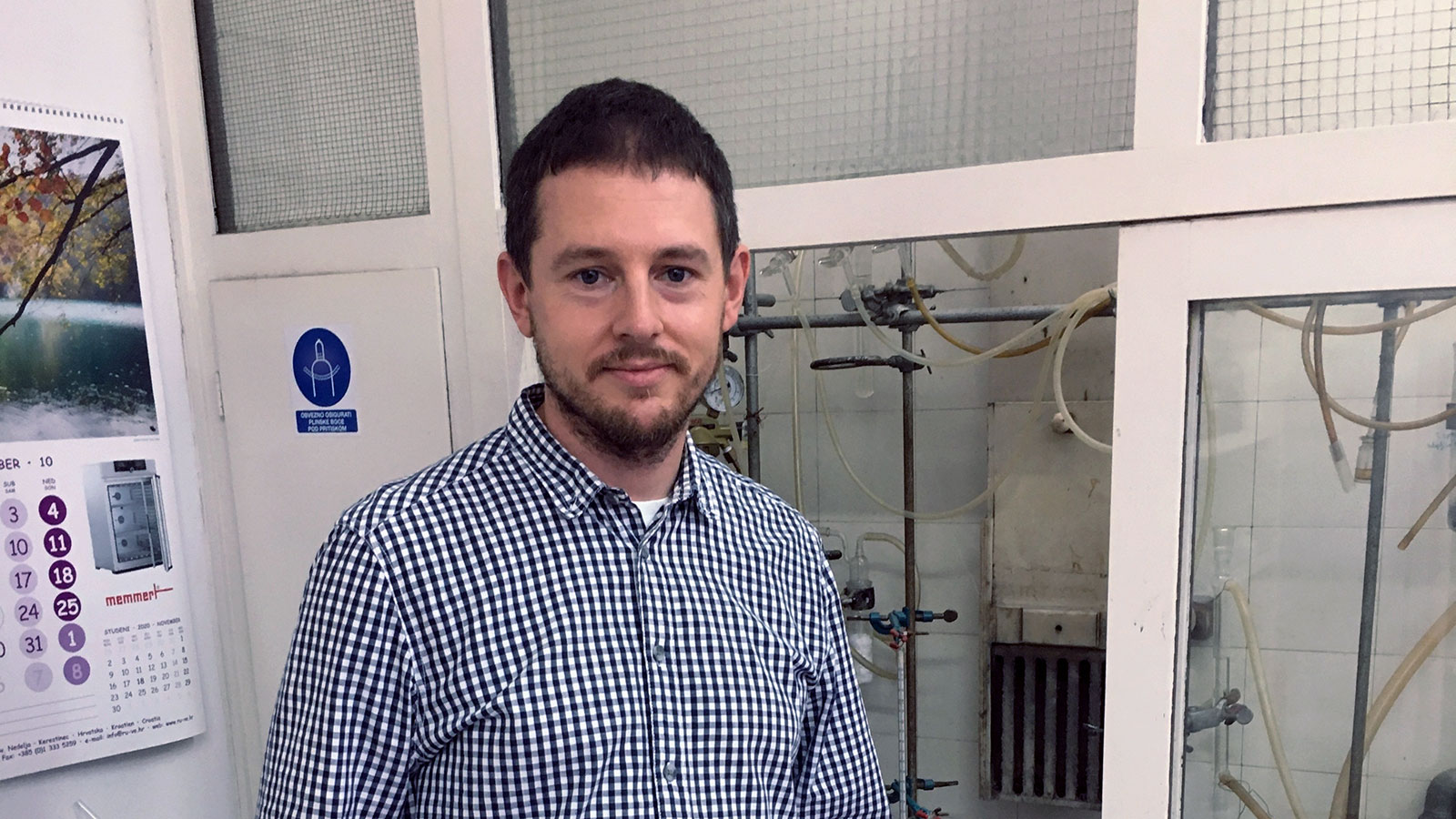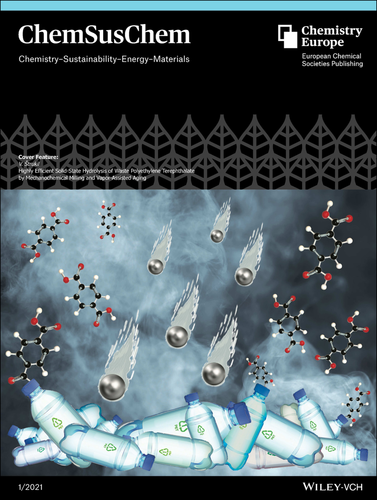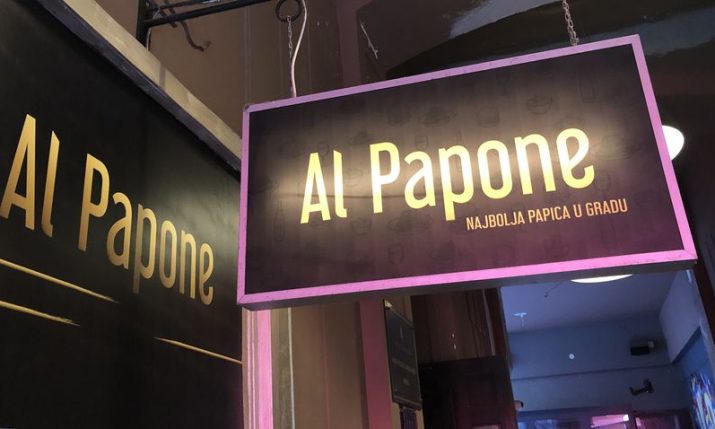Chemists from Zagreb’s Ruđer Bošković Institute develop new method for waste PET degradation
- by croatiaweek
- in News
ZAGREB, 31 January (Hina) – Chemists at Zagreb’s Ruđer Bošković Institute have developed a new method for the efficient degradation of polyethylene terephthalate (PET) plastic, thus earning Very Important Paper (VIP) status and the cover page of the ChemSuSChem journal for their study.
The IRB says in a press release the latest results of research by IRB chemists show that mechanochemical milling and ageing, as two complementary solid-state techniques, have the potential for alkaline degradation of waste PET plastics and PET textile on larger scales as well.
PET is a synthetic polyester widely used in the production of soft-drink bottles and textile fibres. PET is a thermoplastic made of repeating units of terephthalic acid and ethylene glycol, linked together via an ester bond. Hence the popular name polyester, which is mostly used in the textile industry.
The ester linkage can be cleaved by hydrolysis to transform PET waste back into its monomer constituents. Current chemical methods of PET recycling require the use of organic solvents at high temperatures and pressures to achieve depolymerization into monomer derivatives in practical yields.
Exploring the possibilities of using ball milling in the process of PET depolymerization, Dr Vjekoslav Štrukil from the RBI Laboratory for Physical-Organic Chemistry successfully decomposed PET into monomer terephthalic acid at ambient temperature and pressure, with terephthalic acid being also the starting material for the production of this plastic.
“It is interesting to note that the International Union of Pure and Applied Chemistry (IUPAC) in 2019 included mechanochemistry, as well as the degradation of polymers into monomers, into the ten chemical innovations that will change the world. Despite that, mechanochemical depolymerisation of PET was not described in scientific literature,” said Dr Šrukil.

Dr. Vjekoslav Štukli (Photo: Ruđer Bošković Institute)
The IRB paper “Highly Efficient Solid-State Hydrolysis of Waste Polyethylene Terephthalate by Mechanochemical Milling and Vapor-Assisted Aging” was published in the prestigious journal ChemSusChem and owing to the remarkable reviews, the paper was ranked among the top five percent publications in the field, thus earning a Very Important Paper (VIP) status. Furthermore, the editorial board featured this study on its cover.

Cover Feature: Highly Efficient Solid‐State Hydrolysis of Waste Polyethylene Terephthalate by Mechanochemical Milling and Vapor‐Assisted Aging (ChemSusChem 1/2021) (Image: ChemSusChem/Cover)









